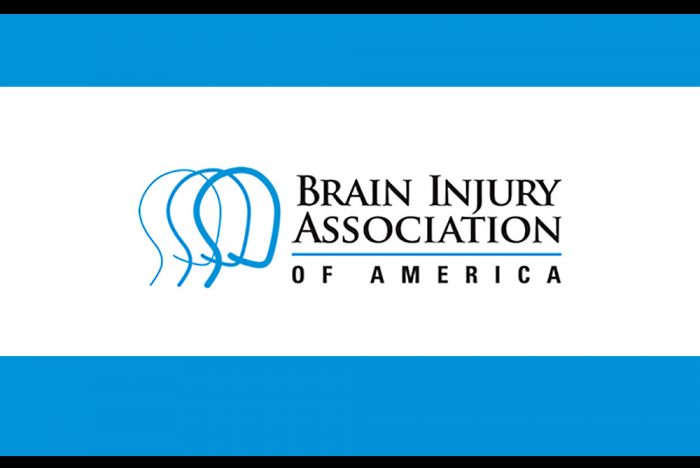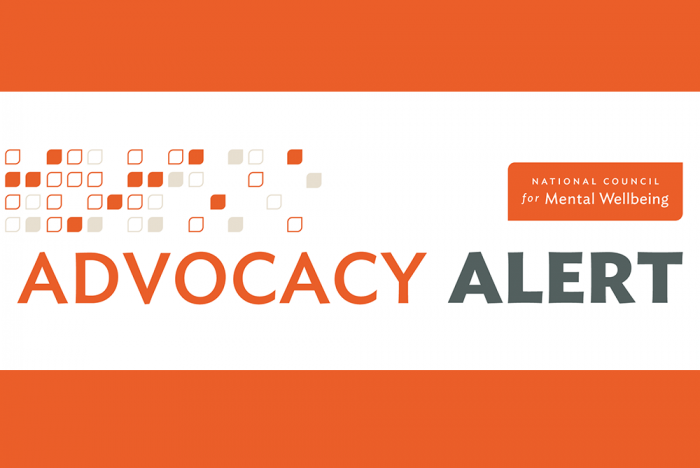PA Family Network Announces August 2025 Workshops
Please share these important PA Family Network workshops and support groups with your network! Register for upcoming events at PA Family Network’s website.
Good Life Support Groups
- Caregiver Support Group: Wednesday, August 6, and Monday, August 18
- Sibling Good Life Group: Monday, August 25
LifeCourse Workshops
- Using the LifeCourse to Plan and Problem Solve Part 1 & 2: Tuesday, August 5, and Tuesday, August 12
- Transitions Through the Lifespan: Monday, August 11
- Peace of Mind Long Term Planning: Tuesday, August 19
Waiver Workshops
- Taller de Exención Avanzada (Advanced Waiver, Presented in Spanish) Parte 1 & 2: Jueves 7 de Agosto, and Jueves 21 de Agosto
- Waiver Basics Part 1 & 2: Wednesday, August 20, and Wednesday, August 27


















